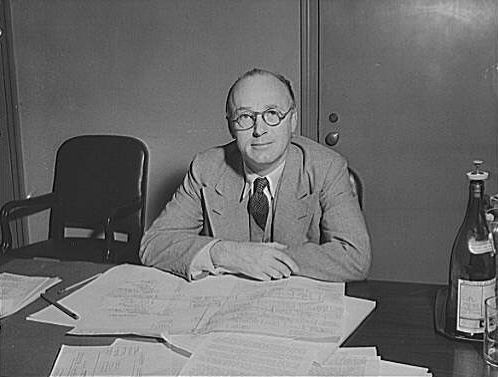
The more I think about cryptos, the more I believe it's not "democratizing" finance for anyone.
Rather, it's a social status game for those that have the discretionary income to play around with the "future" of finance.
I'm MOST LIKELY wrong, but a thread on my thoughts ...
Rather, it's a social status game for those that have the discretionary income to play around with the "future" of finance.
I'm MOST LIKELY wrong, but a thread on my thoughts ...
1/ Crypto-bros/gals claim that BTC (and others) help democratize finance, giving opp. to those that otherwise couldn't.
Yet today's popular use cases are the antithesis of that movement/goal.
Some examples:
- Trading/Speculation
- Earning "income" from games
- Selling NFTs
Yet today's popular use cases are the antithesis of that movement/goal.
Some examples:
- Trading/Speculation
- Earning "income" from games
- Selling NFTs
2/ The average, middle-to-lower class American doesn't have the time to engage in these activities.
They're working for $USD to pay for rent, food, and child's education.
Most don't have extra cash to buy the "democratizing" currency of the future, let alone gamble it.
They're working for $USD to pay for rent, food, and child's education.
Most don't have extra cash to buy the "democratizing" currency of the future, let alone gamble it.
3/ I also wonder if anyone *actually* cares about the current use cases outside our small, FinTwit echo-chamber.
Buying ownership in online articles has zero interest to the average American, yet we view that as proof that Crypto/Blockchain is "working to change finance."
Buying ownership in online articles has zero interest to the average American, yet we view that as proof that Crypto/Blockchain is "working to change finance."
4/ Of course, we should distinguish Blockchain tech from cryptocurrency. Blockchain tech will have tremendously positive impacts.
But it won't come in the form of harvesting coins playing online games or selling GIFs to the next Greater Fool.
But it won't come in the form of harvesting coins playing online games or selling GIFs to the next Greater Fool.
5/ If we can't find a way to bring the benefits of crypto/blockchain to the masses, $BTC and $ETH will be another play-toy enjoyed by those that have the means to entertain themselves.
To raise their level in the online social status game.
But is that *really* worth it?
To raise their level in the online social status game.
But is that *really* worth it?
• • •
Missing some Tweet in this thread? You can try to
force a refresh










